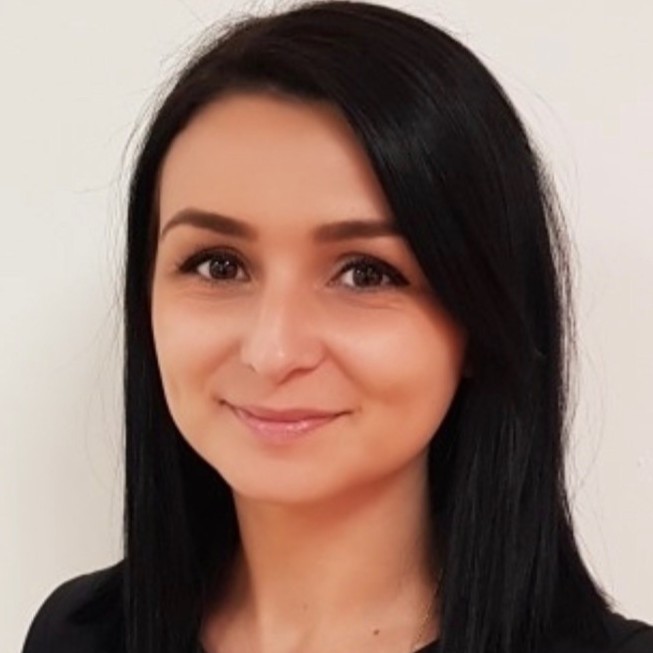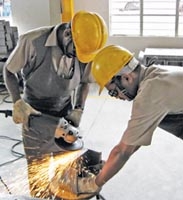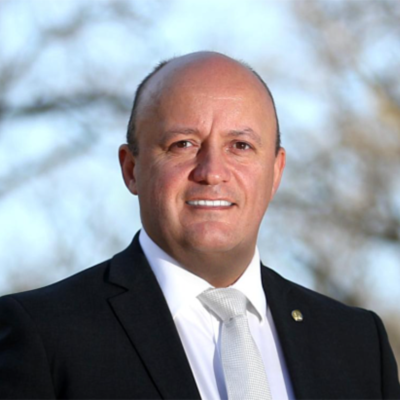GLOBAL financial technology (fintech) innovator Airwallex has embarked on a pivotal partnership with the University of Melbourne, aiming to help build ‘the next generation of Australian tech leaders’.
With a total investment from Airwallex of more than A$3 million, the partnership is aimed at increasing access, exposure and career opportunities for technology students, and in turn, growing the pool of future technology talent in Australia.
The partnership will run into 2025 and builds on Airwallex’s long-term relationship with the university, which is where the four Airwallex co-founders first met. University of Melbourne’s Engineering and Information Technology students will be considered for a range of opportunities across multiple programs, including the Airwallex Excellence in Technology Scholarships, the Opportunity Fund, the Student Enrichment Plan, and the Future Idea Fund.
Airwallex Excellence in Technology Scholarships are 42 financial scholarships, valued at up to A$15,000 a year, which will be offered across the three years for gifted and promising students in Bachelor or Masters programs. Scholarship recipients will be given priority consideration for internships at Airwallex. 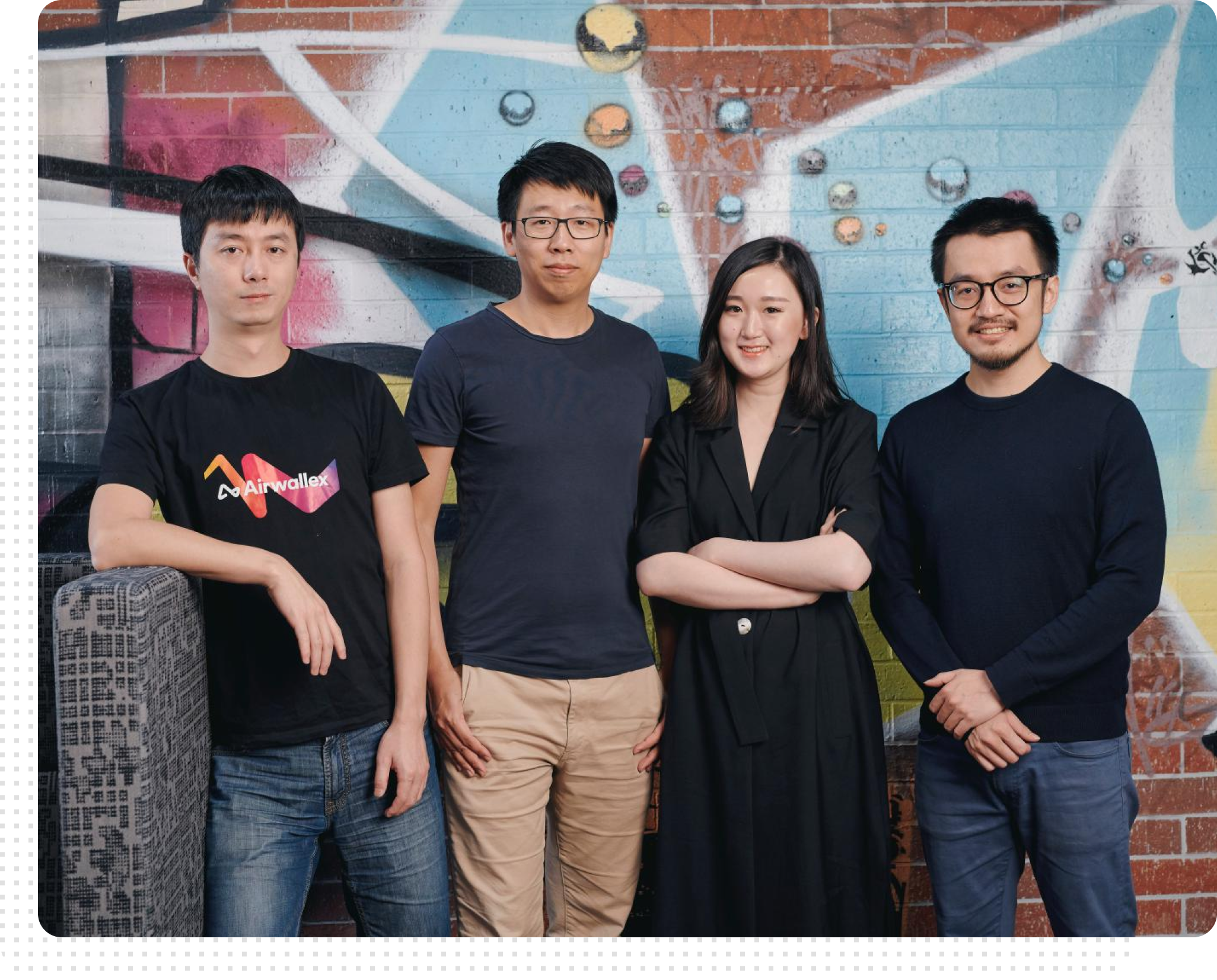
The Opportunity Fund is for students experiencing financial hardship. The fund will provide one-off payments for up to 100 students to support their studies, and is available throughout 2023 to both domestic and international students.
The Student Enrichment Plan is a series of special activations, awards and facilities to foster innovation amongst students and alumni. This will include hackathons, guest lectures and talks from Airwallex leaders at key university events such as the Endeavour Exhibition, which Airwallex has been involved with since 2019.
The Future Idea Fund offers a “plethora of initiatives” to increase access and exposure to training and careers in technology.
Airwallex and University of Melbourne staff and students will also have the opportunity to co-locate in the Melbourne Connect innovation precinct. Located in Parkville, Melbourne Connect brings together world-class researchers, industry leaders, start-ups, government representatives and students seeking to leverage research and emerging technologies to disrupt and transform society.
As a nod to the founders who were running a cafe in Melbourne’s CBD when they started exploring ideas that would become Airwallex, the company will provide free coffee at Melbourne Connect for students through the partnership.
The partnership between Airwallex and the University of Melbourne will expand opportunities available for students, and in turn, grow the pool of future tech talent in Australia, according to Airwallex co-founder, CEO, and University of Melbourne alum Jack Zhang. The initiative has come at a time when the tech talent shortage continues to negatively impact Australian businesses. The Tech Council of Australia has forecast that Australia would need 653,000 additional people in tech jobs by 2030 to fuel the nation’s economic growth1.
“Since our inception, Airwallex has strived to create opportunities for exponential career growth and development,” Airwallex’s Mr Zhang said. “Our partnership with the University of Melbourne marks a significant step-change in our contribution to building the tech leaders of tomorrow. It’s an honour and a privilege to be in a position to give back to the community that's been a part of the Airwallex story from day one.
“Airwallex was founded by looking beyond what’s possible, and we want to empower students to do the same. Whether through scholarships or grants, Airwallex guest lectures or events, our partnership aims to drive innovation and provide meaningful support to the next generation of technology professionals and leaders.
“We understand deeply the tech talent challenges facing businesses today. By providing students with opportunities and support from inside the sector, this partnership aims to grow the local talent pool and ultimately, strengthen Australia’s tech and start-up ecosystem. I look forward to seeing the next generation of Australian tech leaders, entrepreneurs and innovators benefit from this partnership and make their mark in the world.”
Dean of the University’s Faculty of Engineering and Information Technology, professor Mark Cassidy said the University was delighted with the new partnership.
“It is very exciting to see alumni, such as Jack and his co-founders, achieve such success with their own business and be able to give back so generously to the next generation of technology professionals and Australia’s broader tech sector,” Professor Cassidy said.
“The Airwallex scholarship and opportunity programs will make a real difference to our students’ ability to focus and continue with their studies each year, while the enrichment and idea programs will equip our students with the knowledge and mindset to become leaders in the workforce,” he said.
“This partnership exemplifies the University of Melbourne’s commitment to collaboration as a means of nurturing innovation. Bringing together world-class researchers and educators, industry and students, we can create an environment where great minds connect and incredible futures emerge.”
Tech Council of Australia CEO, Kate Pounder said, “The Tech Council of Australia welcomes this exciting new partnership that will ensure more students gain crucial skills that will allow them better access to great Australian tech jobs.
“This partnership is a great example of the power of collaboration and how organisations can work together to improve and create new pathways to attract more students to consider and take up a career in tech.”
Airwallex is a financial technology platform that assists modern businesses to grow beyond borders. With one of the world’s most powerful payments and banking infrastructure, the technology empowers businesses of all sizes to accept payments, move money globally, and simplify their financial operations in one single platform.
Established in 2015 in Melbourne, Airwallex saims to connect entrepreneurs, business builders, makers and creators with opportunities in every corner of the world, Mr Zhang said. Today, Airwallex has a footprint across Asia-Pacific, Europe, and North America.
www.airwallex.com
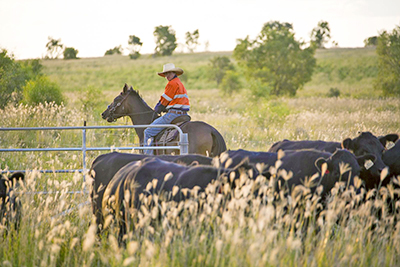

 How to resolve AdBlock issue?
How to resolve AdBlock issue? 

